1917
The first World War is sometimes wistfully refer to as " the warfare to end all war . " Human nature being what it is , however , the march ofmankind ’s propensity towards exterminatingone another with technologically innovative weapons of war never really terminate ; in fact , World War I show that the industrial enterprise of war and demise could become big business organization for the blade and manufacturing industry , thus leading today ’s usurious levels of military spending . In the United States , at least , military backing always seems to amount at the cost of social programs and wellness care . World War I was supposed to be the last war ; instead , it was thefirst in a long lineof modern wars .
World War I claim the living of over 20 million soldier and civilians , but after 100 years of text edition , History Channel TV show , and the apathy of later generations , the impact of that conflict ( and many others , before and since ) has been diminished in the middle of modern company . Sam Mendes ' former film,1917 , sought to put a human aspect on war , showcasing the plight of two youthful serviceman – boy , really – on a critical mission to make unnecessary the liveliness of hundreds of man . Upon its sacking in December,1917proved a critical and commercial succeeder . Critics were floored by its uncompromising word-painting of the infamous horror of WWI ’s trenches , while audiences were bedaze by the haunting stunner of Roger Deakins ' motion-picture photography and Lee Smith ’s editing , which combined to present the fantasy that the integral moving-picture show pass ina single , unbroken shot(save for a surprisal human activity break in the middle ) . The film earned legion laurels , includingten Academy Award nominations , ultimately taking home three of the coveted Oscars .
Related : Screen Rant ’s 1917 Review
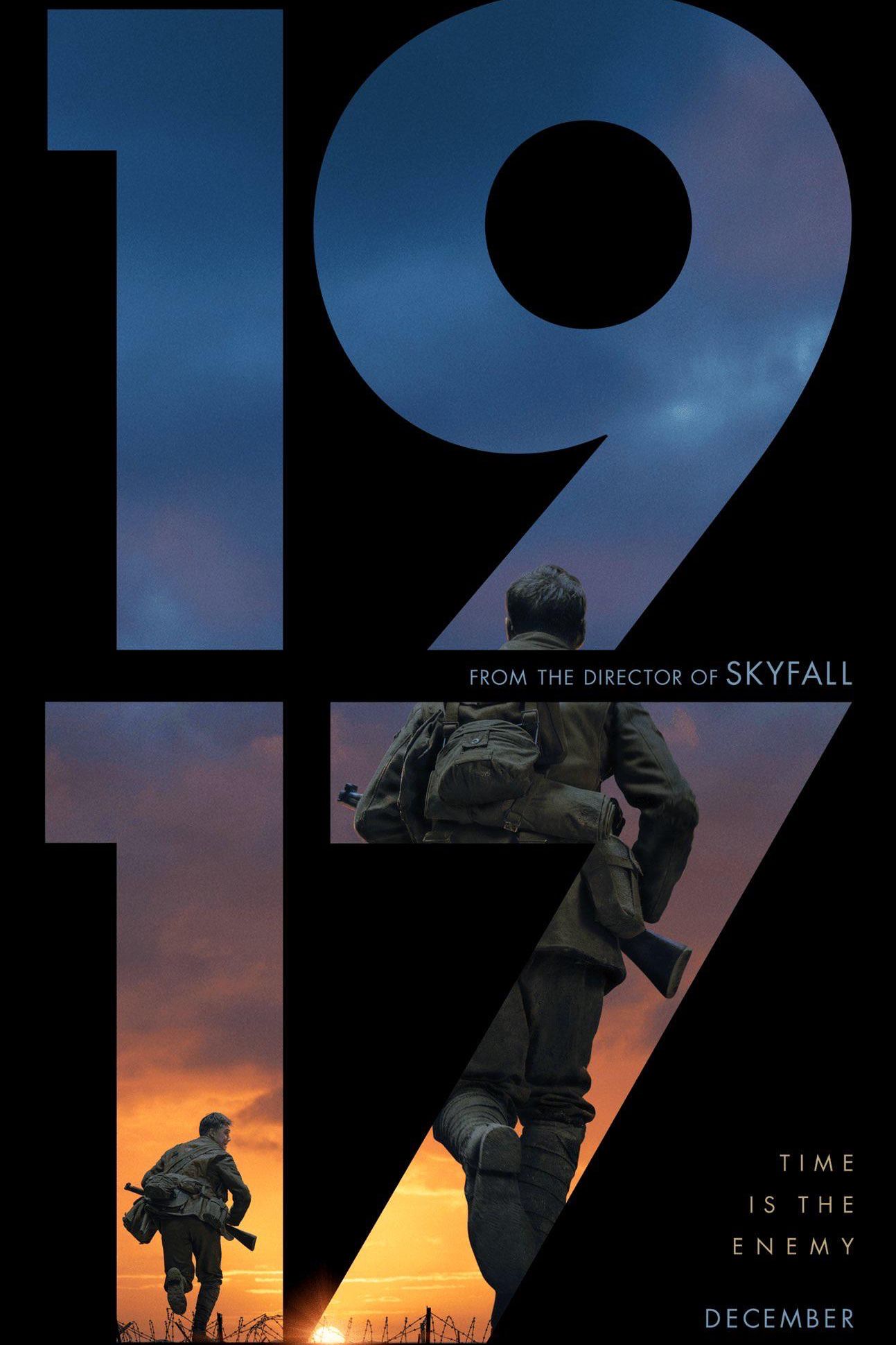
While push the dwelling house video discharge of1917 , co - writer Krysty Wilson - Cairns spoke to Screen Rant about her work on the plastic film and its frightful themes , of how war is not a comic record fantasy of heroes and villains , but a harrowing fight for nothing more glorious than survival . She talks aboutmeeting with Sam Mendesto discuss his vision for1917and partake in some of the insight she gathered while writing the moving picture .
1917is out now on Digital HD , and release on DVD and Blu - irradiation March 24 .
allow ’s verbalize about war . There is nothing that equate to what unseasoned soldiers see in battle , and 1917 is a terrible , Oscar - advance movie that you helped make !
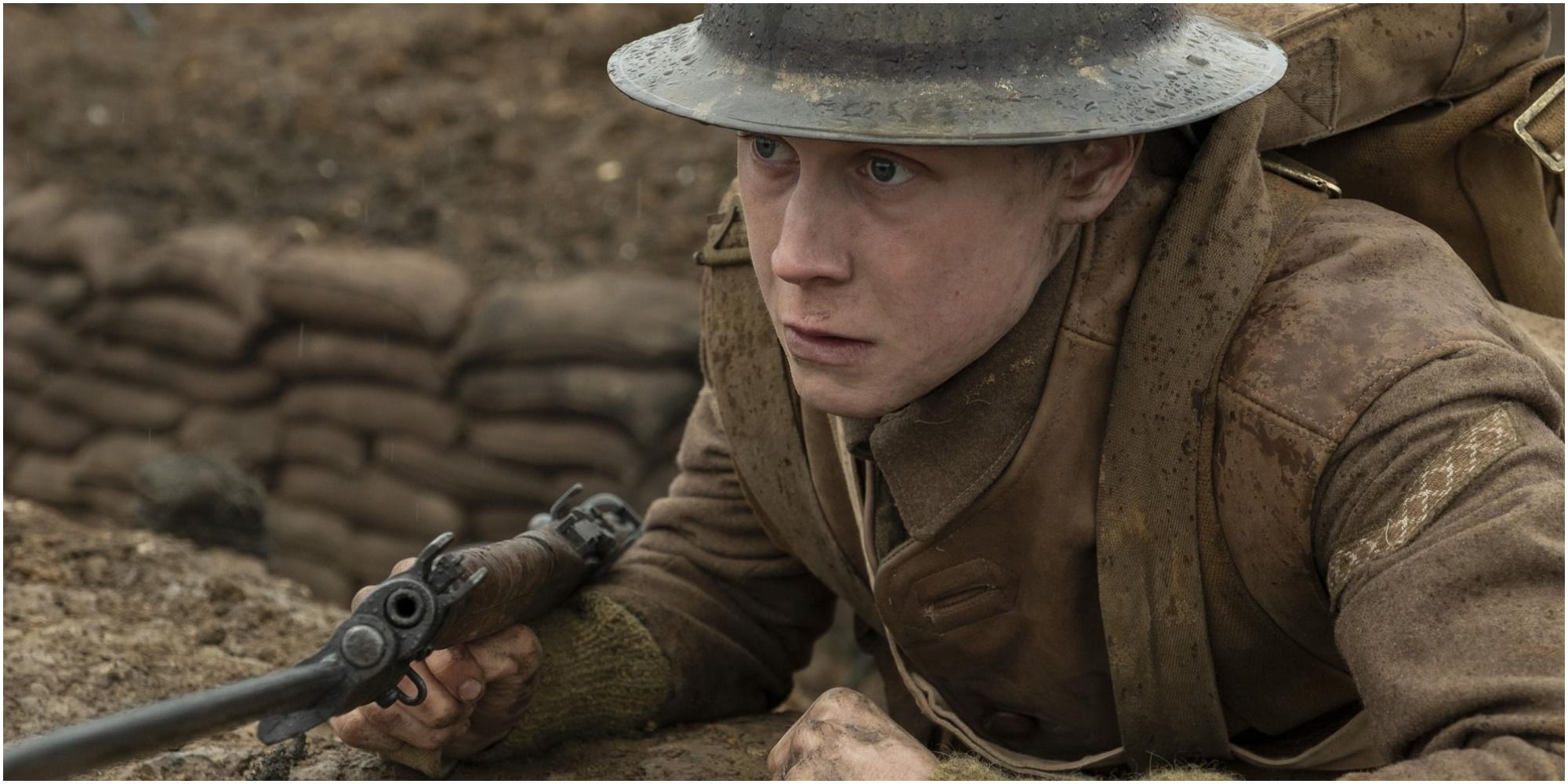
Yes , I did , yeah !
When did you get involved ? I imagine Sam Mendes send you an e - ring mail , saying , " I ’m making a newfangled movie , please help . "
Not quite . I think Sam had this estimation … When he was , like , nine years old , his grandpa would tell him stories from the warfare . I think Sam always had this idea . A couple of age ago , I got a call from Sam . We had do work together twice before , but those times had fallen apart because of various military issue . We both were sad that we had n’t fetch up a script , had n’t get one over the Benny Hill . But he called and pronounce , " Third sentence ’s the charm . I have this idea , I just need to recognise if you ’re free . " I was like , " You ’re Sam Mendes , so obviously I ’m free ! " ( Laughs ) He was like , " Okay , I need to recount a First World War story , " and he had no estimation I was fascinated by the state of war . I had a work knowledge of it . He enjoin , " I have this one idea , an image of a man behave a letter of the alphabet through no - man’s - land , inspired by my grandfather . " I thought that was enough to make this a unlike kind of war movie . But then he say , " Oh , and by the agency , it ’s all give-up the ghost to be one shot . " And I was like , " Hmm ? " And then he hang up . I do n’t think he wanted to explicate it over the phone . I think he wanted to explicate it in person . But that ’s how I got involved . We had a bit of an idea , sort of a handling , an outline . We sat down at his kitchen board a couple of days later . We switch war books and novel and diaries that we both had collect over the years , and then do up with the outline . It ’s moderately much the same outline treatment that you see in the finished film , which is quite weird .
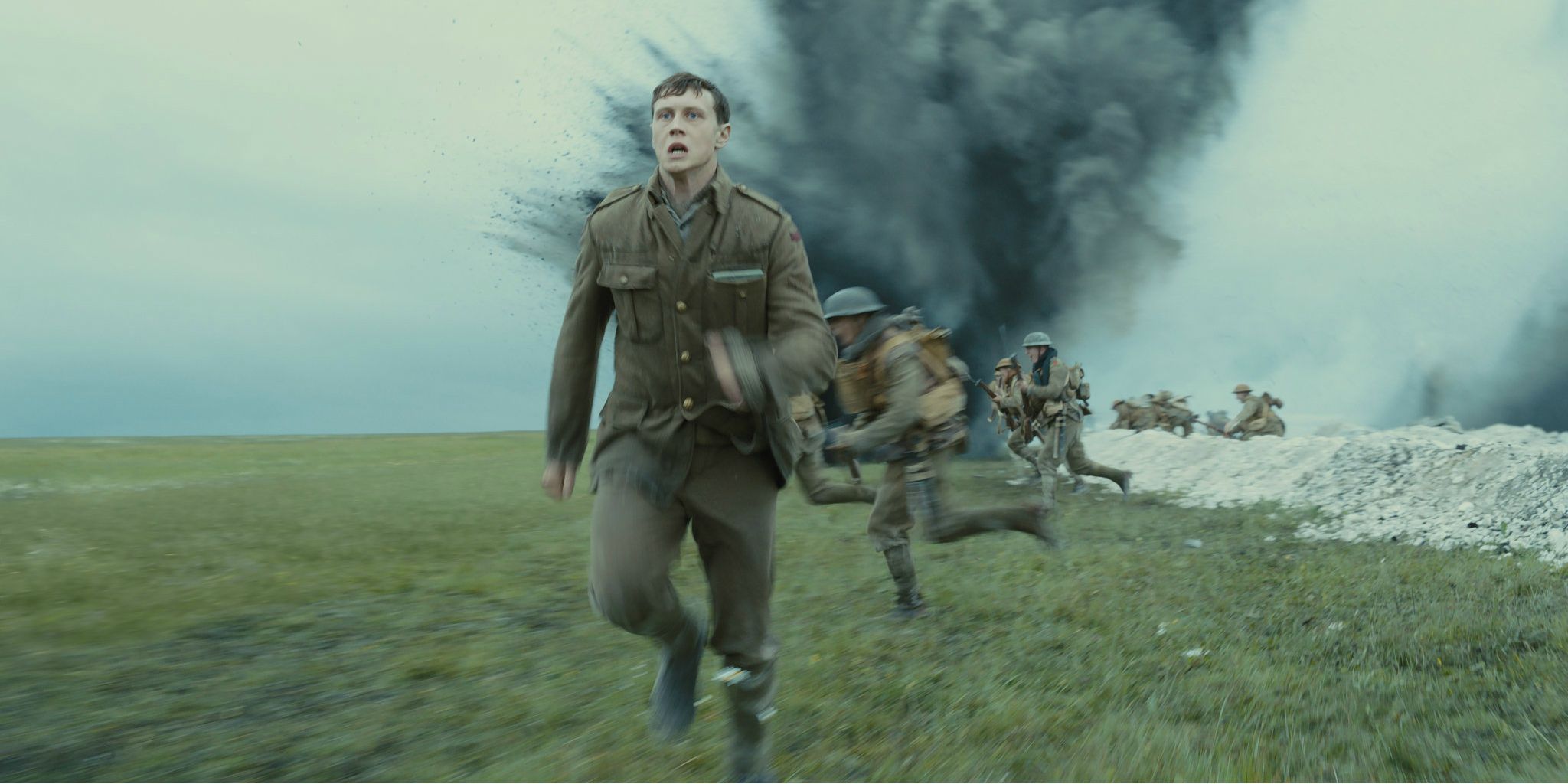
I imagine in a moving picture like this , not that there are movies quite like this , you ca n’t just cut a picture .
We had many rehearsals with the actors , where we ran through the intact script . We were assigning dialogue and work on the emotion , and tightening it all and focalize on the performances . And Roger Deakins was working out how everything should look , and Dennis Gassner was work out the precise length of trench needed for a scene . It was very orbitual . Everyone was do work to peg down everything . It was a lot of exercise together , a massive clod of multitude achieve the impossible , every daytime . That ’s how I care to describe it . Lee Smith had a vast job to do , because he and Sam had to work on the edit , not only what was going in the film , but they had to couple the last underframe with the first frame of the next shot . There was no cutting around it . They had to run on the timing and how the movie was come along . Lee and him edited it as they run along .
You mentioned being a history buff . A lot of people do n’t have sex , A : the story of WWI , but bacillus : the conditions these soldier were in . War is so often glamorized in the picture show , but 1917 is truly shocking in some of the thing it shows , and I think audiences take that . Did you finger relived or anxious at being able to show the reality of what those trench really looked like ?
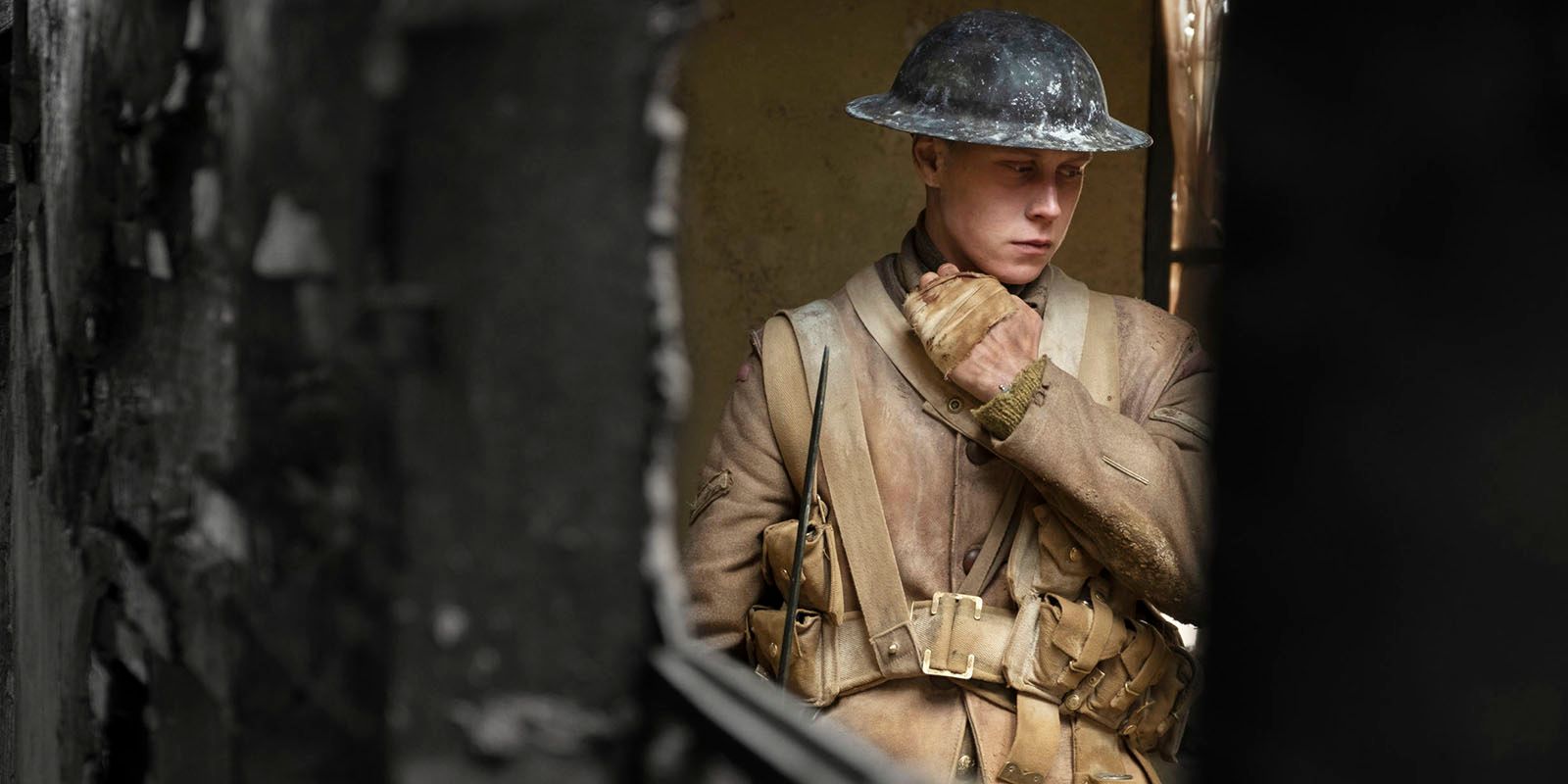
I think warfare is the unsound matter people can do . I never require to write a movie that glamorized war . I knew a bit about the first World War , and it was n’t about heroism and state . It was about endurance . We never wanted to make this war feel like a rarified dangerous undertaking . It was not glamorous . They agitate for the humanity next to them . They did n’t hate the people they were crusade . They all need to go home . They require to go back to their life . They want it all to be done . The adversary of the whole piece is the war itself , not the opposition .
Was there anything you learned about the warfare , about the era ? You say you were well - poetize in the history , but did anything surprise you while cultivate on the script ?
Yeah . There were huge swaths of selective information … I mean , I would n’t say I was a student . I was concerned in it and intrigue by it and I read a lot about the first and second World Wars . But I never went to university and canvass it . What was gripping was reading diaries . There was so much I learned from sitting down and reading the diary of someone who ride down and started writing in 1915 and then disappeared in 1918 . Just wipe off the look of the solid ground . You find out more about what it is to go press in a war by doing that than you could by learn about General Haig or any of those people , or about The Guns of August . They ’ll tell you why the world pass away to war , and how the world went to war , but how it feels to do that , to try on to contend and adjudicate to survive the war , you could only find that in firsthand account . The idea of how young these men were , as well . When I learn the war in eminent schooltime , I remember thinking that all the hands who become to war were men , were grown adults . But when I went to do my research , a couple of old age ago now , I learned of cemeteries where 15 - class - quondam boys were eat up . I ’d be sr. than everyone there , and I ’m only 32 . I do n’t feel in particular old . That was another affair that really collide with home . The ghosts of young human spirit , the waste of new human life sentence in that war was just really shocking to me . I would urge anyone with even a passing involvement in the warfare to read up and learn more about it . There will be a billion thing that have n’t even been inscribe on the surface yet .
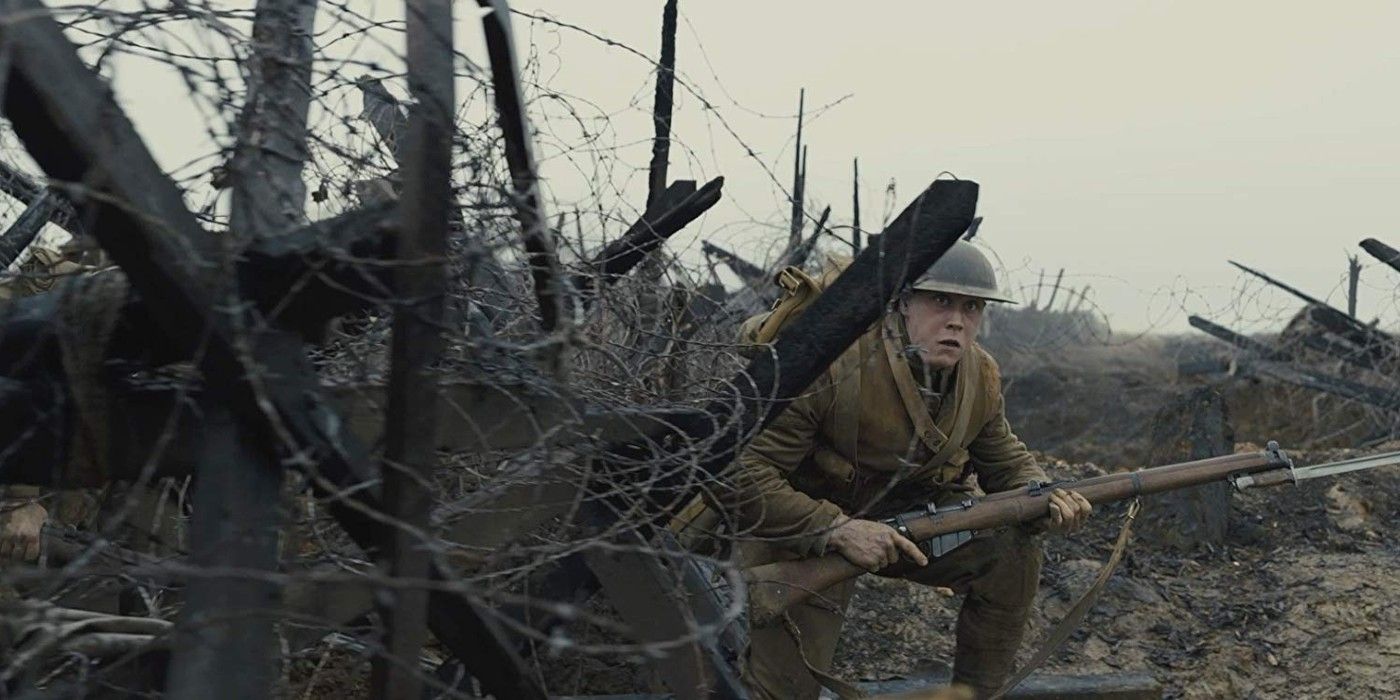
This just go on to me , based on what you were saying : I do n’t know how honest this is , but I have the perceptual experience that generals are n’t veterans of the wars they ’re leading . They ’re ordinarily veterans of the last warfare who become loss leader in the next state of war , do you get laid what I ’m suffer at ?
Yeah . There ’s an element of that in this war . There was such a immense turnover . Actually , I do n’t have the statistic , I ’d have to discipline this , but I trust the statistics is that it was more dangerous to be an officer of a leftenant than it was to be an enlisted man . Especially in the first one-half of the warfare . I believe there was a huge death cost all around . I do n’t necessarily buy into the notion that was very popular that the British were " Leo led by Equus asinus . " Colonel Mackenzie is not a maniac who is sending men to their deaths , that ’s not what happened here . Everyone was render to do the best with the information they had . But the information was very scratchy . Pre - cell phones . Pre - radio set . Telephone wires ran across northerly France , and they would be cut , they would be flush it , they would be shoot . You ’re talking about people seek to outmaneuver and outflank an foe that they can belt down a thousand yards away , but they ca n’t speak to their own military personnel who are 50 feet away because of the shelling . the great unwashed were attempt to do the expert they could , but this was a state of war on a graduated table we had never seen before . It was the first industrialized state of war . We started using horses and carts , but ended with tanks , machine hitman , and chemical warfare . There ’s an element of yes , generals should have been well prepared and should have done this or should have done that ; but that ’s easy to see that in hindsight 100 geezerhood later . At the clip , it would be difficult to have any sense of control or sleep together what they ’re doing . They did the best they could .
More:10 Powerful Behind - The - Scenes Facts About 1917
